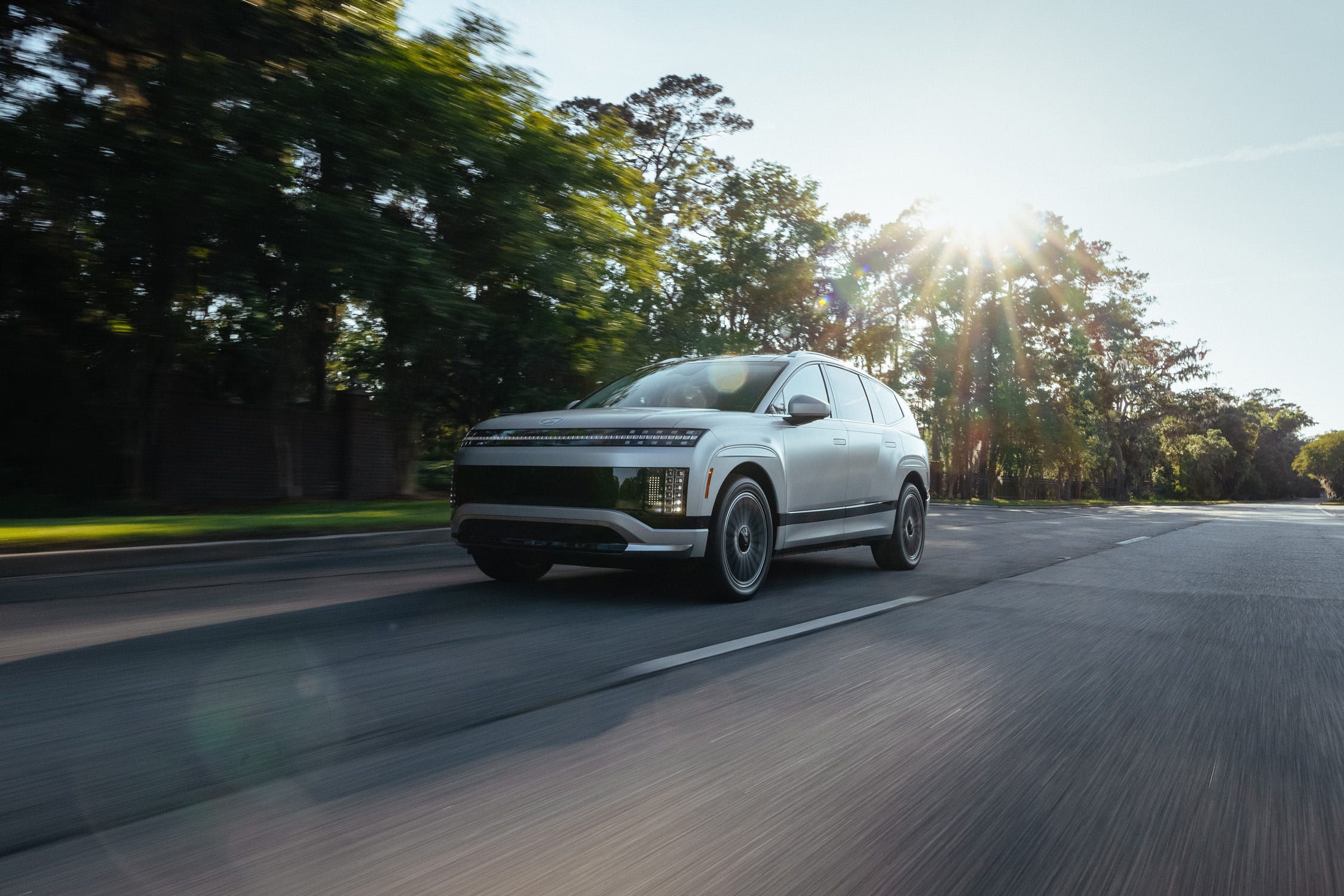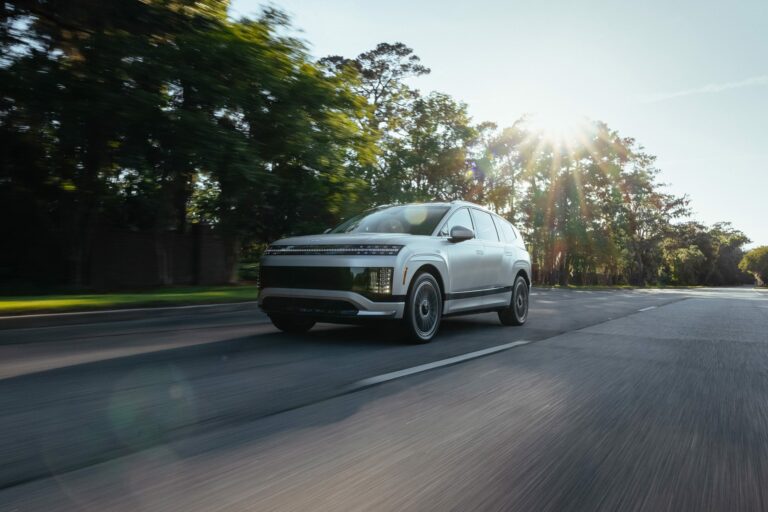Republican Tax Bill Threatens Electric Vehicle Sales
A new Republican tax bill, dubbed the ‘One Big Beautiful Bill Act,’ passed by the U.S. House on Thursday, poses a significant threat to electric vehicle sales in the United States. The bill, which is set to be voted on in the Senate at an undetermined time, aims to eliminate subsidies for battery manufacturing and incentives for purchasing plug-in hybrid and electric cars.
If enacted into law, the bill would phase out the Clean Vehicle Credit, initially introduced under President Barack Obama and expanded during the Biden administration through the Inflation Reduction Act. Currently, buyers of hybrid and electric vehicles can receive a $7,500 discount on qualified new vehicles, subject to restrictions based on vehicle price and household income. The proposed bill would officially terminate the clean-vehicle credit program on December 31, 2026. However, in practice, the credit would be effectively eliminated for most established automakers by the end of 2025, as the bill stipulates that the program ends for any automaker that has sold over 200,000 qualifying vehicles.

In addition to removing clean-vehicle credits, the bill proposes new registration fees for hybrid and electric vehicles as a replacement for fuel taxes. Hybrid vehicles would be subject to a new $100 registration fee, while electric vehicles would incur a $250 annual fee. Combined with the elimination of clean-vehicle credits, these new registration fees would significantly increase the cost of electric vehicle ownership.
A study by Princeton University, cited by The New York Times, suggests that if Republicans succeed in repealing the incentives, electric vehicle sales are projected to account for only 24% of new car sales in the U.S. by 2030. In contrast, if the incentives remain in place, electric vehicles are expected to make up 40% of new car sales by the same year.
The potential impact of this bill has raised concerns among industry stakeholders and environmental advocates. As the bill moves to the Senate for a vote, the fate of electric vehicle sales in the U.S. hangs in the balance.



